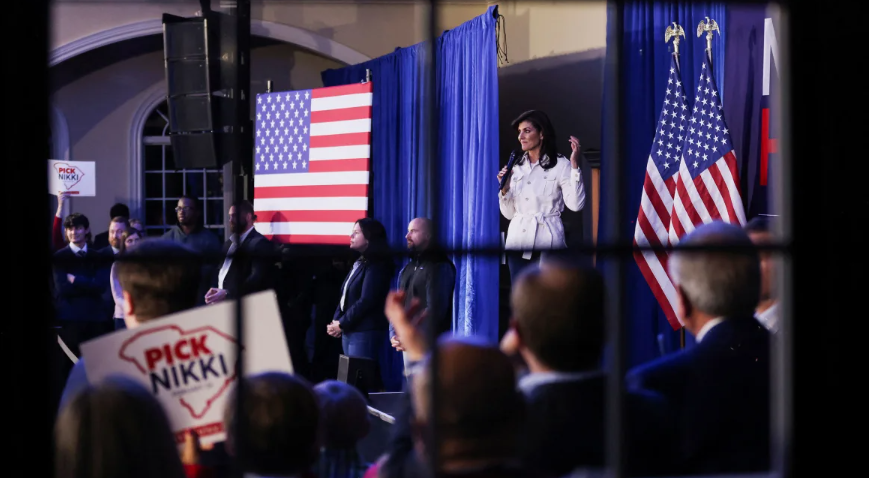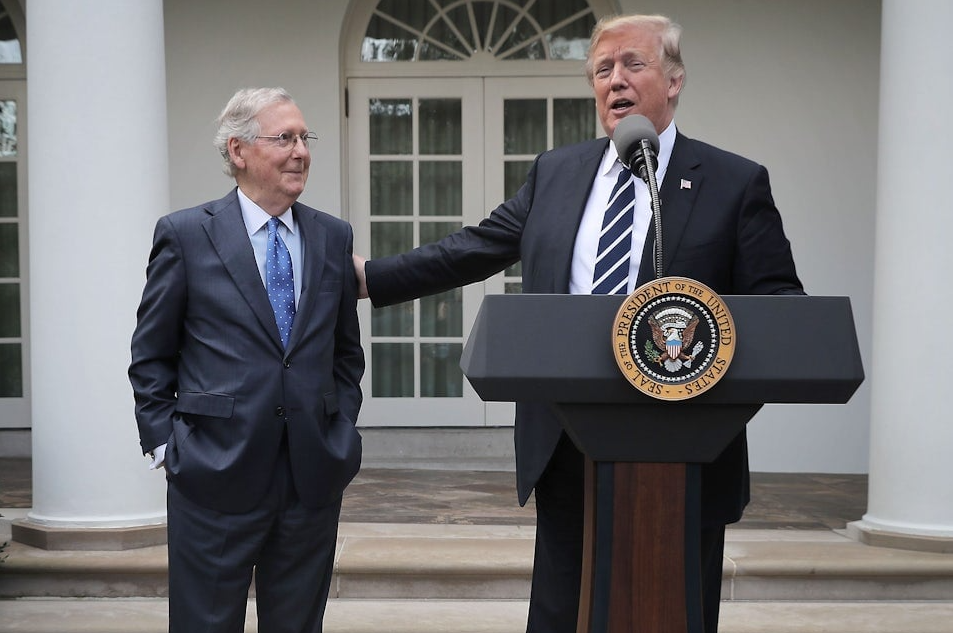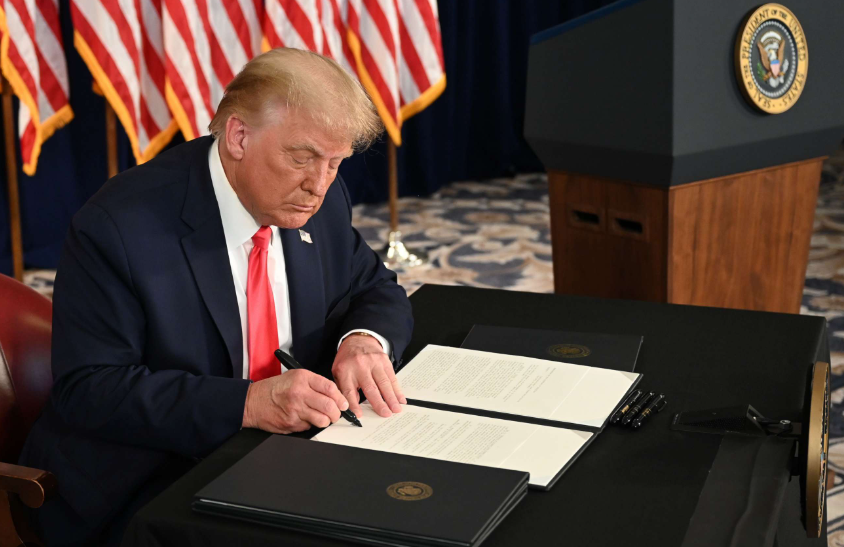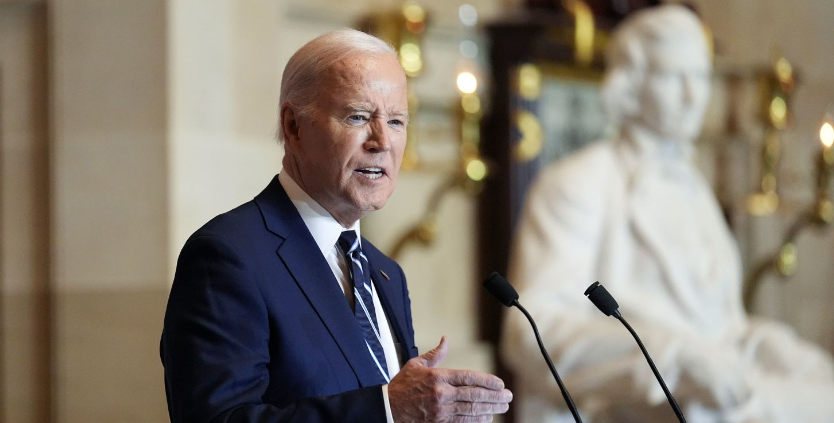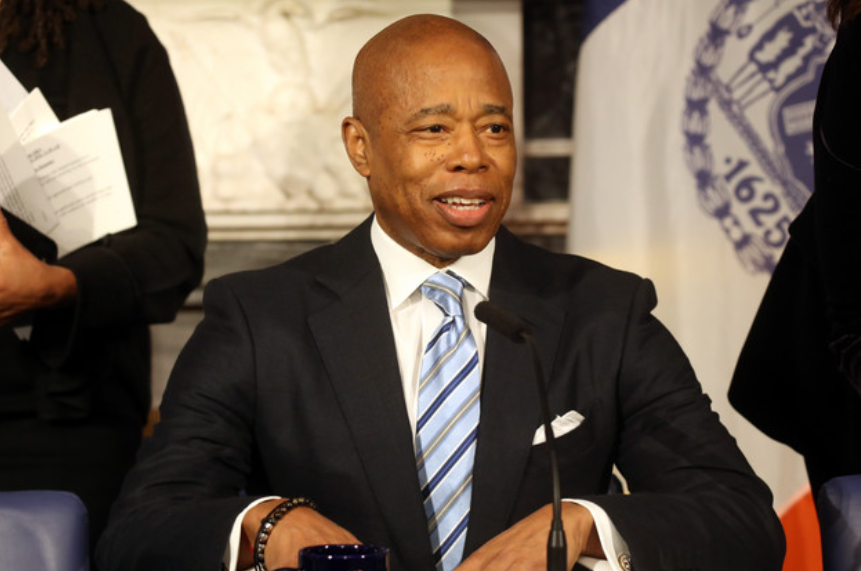Buckle up because we’re diving headfirst into a legal whirlwind – it’s time to talk about Trump’s disqualification case and the potential First Amendment fallout. Yep, you heard that right – Trump is back in the legal spotlight, and this time, it’s not about his hair or his Twitter habits. Strap in as we break it down, one constitutional clause at a time.
So, what’s all the fuss about? Well, it all started when the Colorado supreme court dropped a bombshell, disqualifying Trump from the state’s Republican presidential-primary ballot. Their reasoning? Trump allegedly engaged in insurrection on January 6, 2021, and according to the 14th Amendment, that’s a big no-no for holding any office in the good ol’ U.S. of A.
But hold your horses – there’s more to this story than meets the eye. While everyone’s busy dissecting the 14th Amendment, there’s another crucial question at stake here: the First Amendment. Yep, that’s right – the right to free speech is on trial alongside the former president.
You see, the Colorado supreme court took a hard line, arguing that Trump’s fiery speech on January 6 wasn’t protected by the First Amendment because it constituted “incitement.” Now, before you start furiously flipping through your pocket Constitution, let’s break down what that means.
According to legal mumbo jumbo laid out in a case called Brandenburg v. Ohio, speech isn’t protected if it directly incites lawless action and is likely to cause chaos. But here’s the kicker – proving someone’s intent to incite violence is about as easy as herding cats. And trust me, I’ve tried.
Sure, Trump’s speech was fiery – he told his supporters to “fight like hell” and declared they’d “never take back our country with weakness.” But does that mean he was literally calling for an insurrection, or was it just some good ol’ fashioned political theater?
The Colorado court thought they had it figured out, pointing to Trump’s knowledge of the brewing anger and his failure to rein in the chaos once things got out of hand. But here’s the thing – if we start parsing every politician’s speech for hidden meanings and secret codes, we’re opening a can of constitutional worms.
Just imagine a world where every metaphorical call to action gets dissected like a frog in biology class. It’s a slippery slope, my friends, and one that could have chilling effects on political discourse as we know it.
But fear not, dear citizens, for there’s a light at the end of this legal tunnel. The Supreme Court has the power to steer us away from this treacherous path by focusing on the facts, not the rhetoric. They can choose a different approach, one that ensures the First Amendment remains intact while still holding insurrectionists accountable.
So, as the legal drama unfolds before our very eyes, let’s remember the importance of protecting our rights while also upholding the rule of law. It’s a delicate balance, to be sure, but one that’s essential for the health of our democracy.
And as for Trump? Well, he may be out of the White House, but he’s still making waves in the courtroom. Love him or hate him, you can’t deny the man knows how to keep things interesting.



